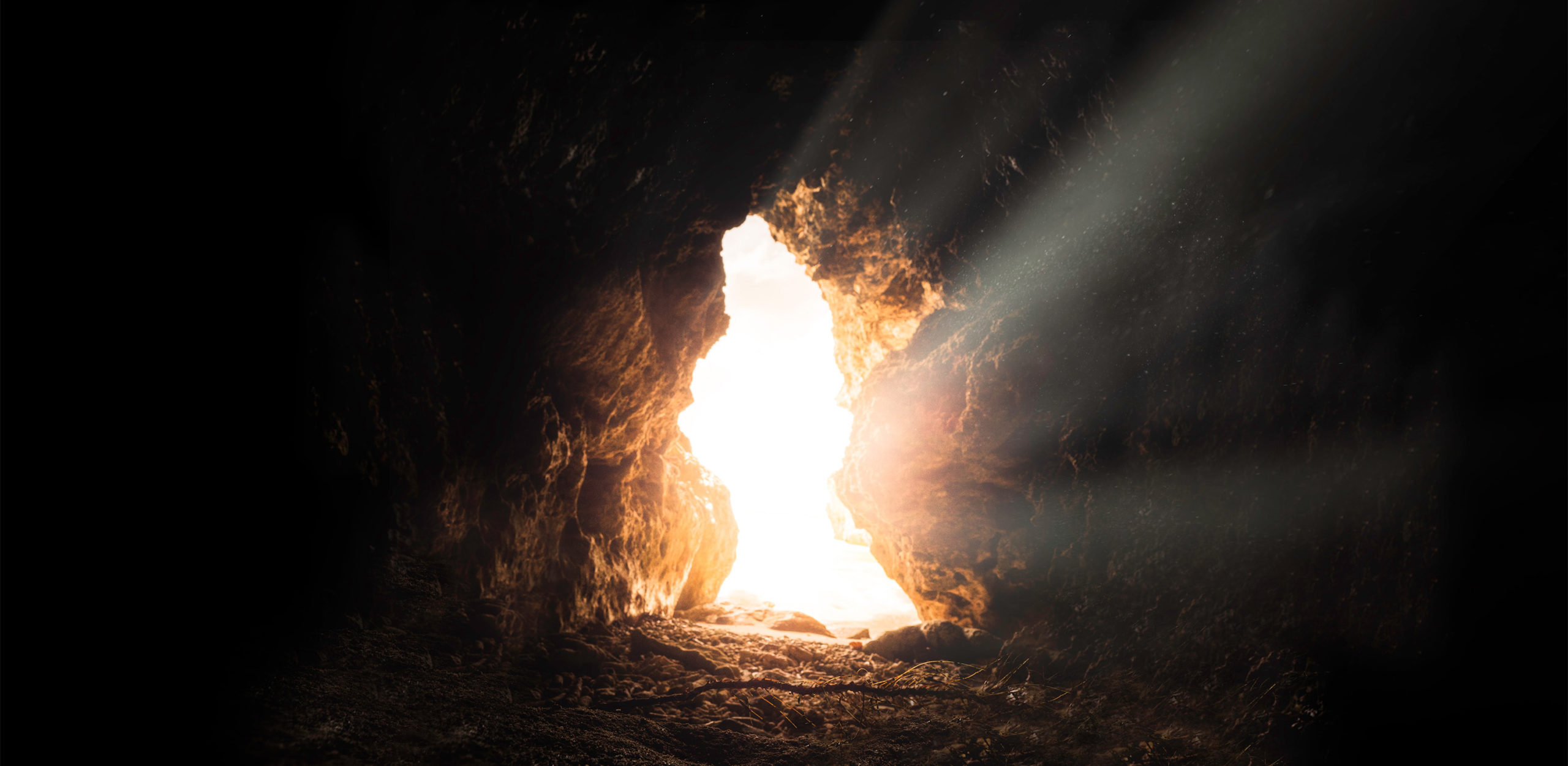
20 Apr Learning to Trust
Strahan Coleman is a writer, award-winning musician, and pray-er with a desire to help others grow deeper in communion with God. Through his ministry Commoners Communion, he has released two prayer books, run spiritual retreats and online schools, and works one-on-one with people through spiritual direction. Strahan has three young boys and lives by the beach in Tairua, Coromandel with his wife Katie where he is currently finishing his first non-fiction work on prayer.
All my dreams and unmet hopes,
They are not lost on your great love,
What makes me ache,
What I thought would be,
You’ll not forget,
You set them free.
You’re sowing newness into my death,
You’re bringing joy back to my step,
I’m dancing freely out on this ledge.
I trust you Lord, I trust you, Lord.
You are flowing like a river,
Gathering my tears up,
Calling me to hope.
You are vanquishing my sorrow,
Healing my tomorrow,
Healing me with love.
“Trust”, Strahan Coleman, 2020
Songs, like the psalms, can speak to the strange dichotomies of human existence. They can guide us in the art of feeling the pain and angst of a world out of control while simultaneously pulling us into a world in which that pain no longer rules. They can help us carry the tension viscerally and to feel the future—or an alternative world—rather than rationalise it. They can give us vision.
One might even go so far as to say that’s what prophecy is too. Not just prediction but an actual inhabiting of the future we’re hoping for—the art of living backwards from a better world into the one we’re living in now, not because we can rationalise it nor because we can personally achieve it but because through the mystery of faith we’re able to embody it. When I believe in a world where love is fully at the centre, I can become the person that makes that a reality. Songs invite us to feel and to believe that in a unique way.
I was full of all this when I wrote “Trust”. A number of years of chronic sickness had been shrinking the walls around me and taking with it one of my longest-held dreams and callings—music. After travelling the world, recording albums, and seeing God move powerfully through my live shows for over half a decade, I was slowly becoming homebound and, even worse, too fatigued to write and sing. What had for my whole life been my “thin place”—as the Celts would say—was now becoming thick with struggle. Songs became a reminder of what wasn’t, what couldn’t be, what God was silent on. What had been a special gift was now becoming a divine sticking point. It was all dying an early death, and I didn’t know how to imagine a different future or a God who would allow that to happen.
But something else was going on in those years, right where I wasn’t looking. I was accidentally rediscovering God. After enough months of God staying silent on my biggest question, “Why is this happening?”, I began to ask, “Who are you, really?” And, as I gave up my strangling grip on what I thought my life should be, I started seeing more clearly how much I’d layered my own ambitions and expectations over God’s. What was dying in my life wasn’t God or his promises, it was my assumptions and ambition. That tomb became Christ’s arrival point. God began to fill the space where the stink of life’s death had permeated. I wanted God to heal me so I could move on, but resurrection was taking place during my death, not instead of it.
In reality, the kingdom of heaven is one of simultaneous death and resurrection. It’s here, but it’s springing up amidst a chaotic world—a world of death. We’d love a tidy gospel of clean endings and tidy beginnings, but, more often than not, we see both inhabit messy space together. We live in the twilight of the ages, says the author of Romans (13:12): the dark is receding, but it’s not fully light yet either.
All of that can sound romantic until you lose your ability to sing when it’s your entire world, or a loved one dies of cancer, when a pandemic smashes your best-laid plans, or it just seems the world is combusting around you. I wrote this song facing that world, not denying my anguish and the deaths in my life but not letting death own the story either. I had to find a way to sing both at the same time—to pray upward from grief.
In my years of sickness, which are ongoing, I’ve learned this art of keeping a watchful eye for newness, for celebrating all kinds of little resurrections amidst the many crucifixions. By swapping my “why” question for a “who” one, I discovered a deeper and richer God and a deeper and richer life. Wonder flooded in. God became so much more to me than answer giver. He became my friend. I would sell my career off again a million times over for that gift, even though it hurt like hell to receive it. That, for me, is what the art of living in uncertain times is about. It’s about putting down for a moment what we want or think should be to look for what is and for the God who doesn’t apologise for outworking his better-laid plans. It’s an opportunity for us to swap our “why” questions for “who” ones. That’s trust. It’s saying: I see your death, and I raise you the hope of resurrection, future and present. That’s faith as well, dancing on the ledge of uncertainty with the dangerous joy that God is already arriving—whether we can quite see it yet or not.
(Image: Photo by Bruno van der Kraan, CC Zero)

